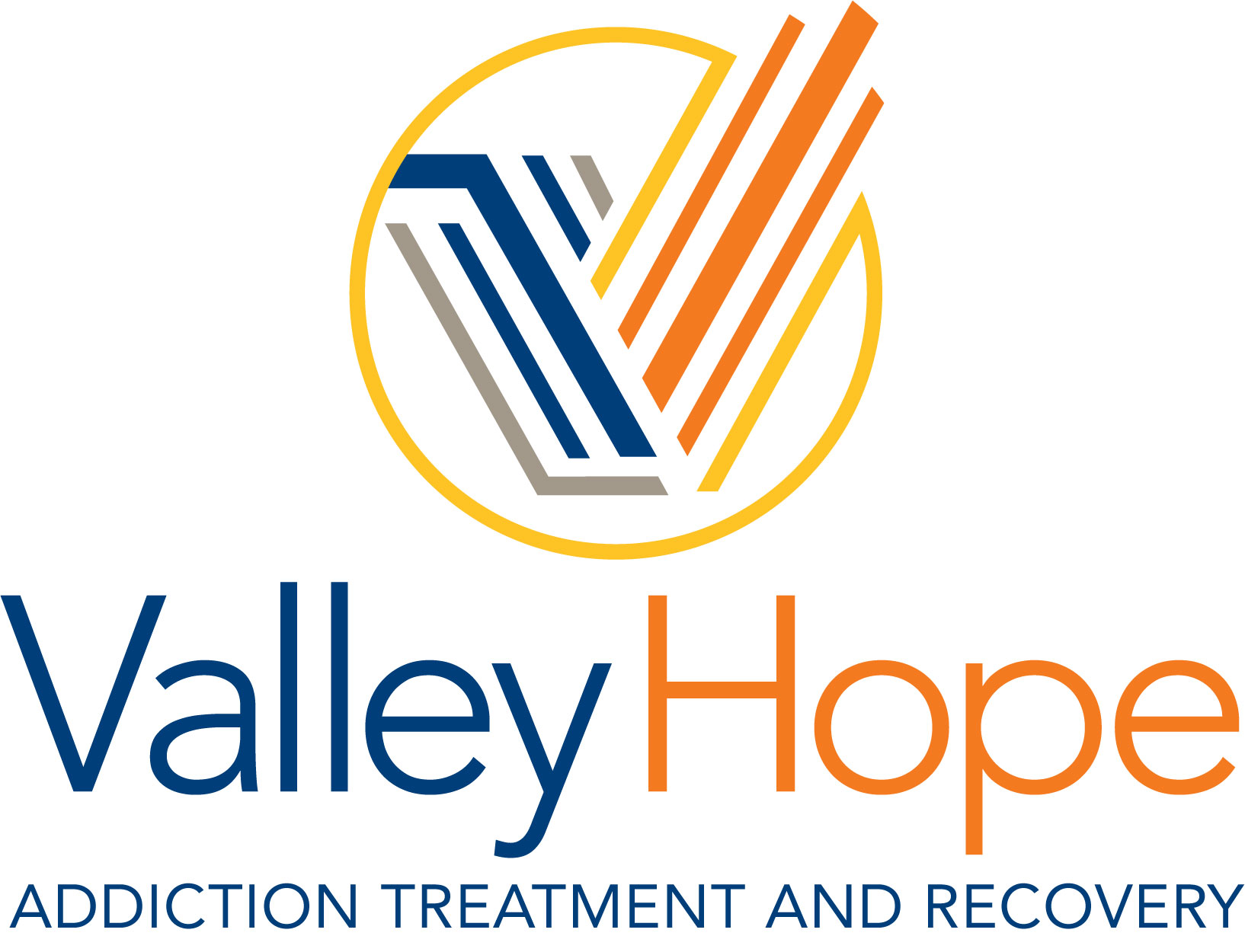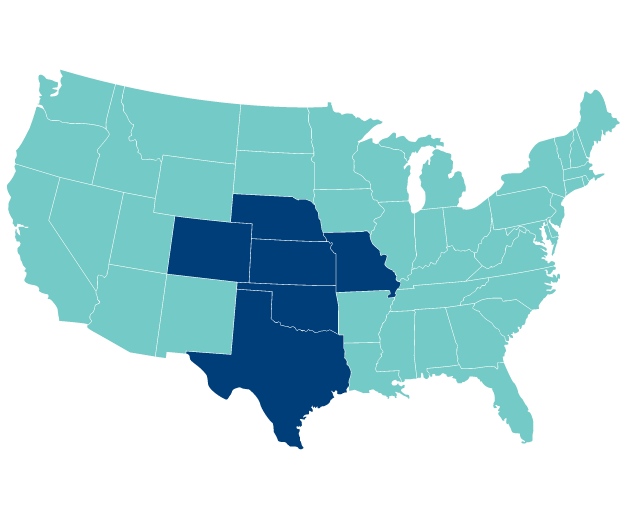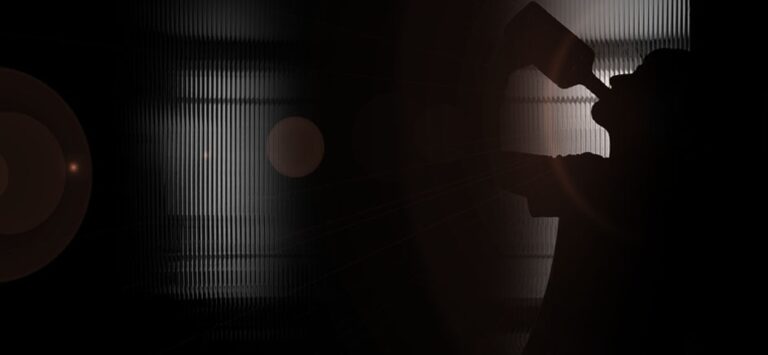The summer season provides numerous opportunities to consume alcohol at a rate that can quickly lead to binge drinking and related risks.
Drinking alcoholic beverages is a common occurrence at summer gatherings and events. Many of these social occasions take place during the day and flow into the evening. And, the frequency of drinking events naturally increases during the summer months as people gather at the lake, the pool, cookouts and other events where drinking is encouraged and readily available.
The frequency and amount of alcohol consumed over the summer months can create a dangerous pattern with health risks that can add up quickly.
According to the Centers for Disease Control (CDC), binge drinking is the most common and risky pattern of excessive alcohol use in the United States. The National Institute on Alcohol Abuse and Alcoholism (NIAAA) defines binge drinking as a pattern of drinking that occurs after four drinks for women and five drinks for men — assuming the drinks are consumed within about two hours.
Although most people who binge drink are not alcoholics, alcoholism is a progressive disease and binge drinking could lead to alcohol dependence over time.
Dangerous Drinking
Binge drinking carries serious health risks and can cause many health problems. In fact, a study by the CDC reported that between 2006 and 2010, binge drinking resulted in 88,000 deaths in the United States, shortening the lives of those who died by an average of 30 years and totaling a loss of 2.5 million years of potential life. The same report showed excessive drinking caused one in 10 deaths among working adults aged 20-64 years.
The health risks of binge drinking include unintentional injuries such as drownings and alcohol poisoning, violence, sexually transmitted diseases, poor pregnancy outcomes, fetal and infant damages or death, chronic diseases such as high blood pressure, digestive problems, cancer, learning and memory problems, mental health issues and social challenges.
Binging or Alcoholism?
Though binge drinkers consume alcohol in great quantities, they are typically not alcohol-dependent. While many rely on alcohol to relieve stress or to get over their social anxiety, this does not constitute alcohol dependence.
However, over time, binging can progress into a daily mental and physical need for alcohol. The health risks for heavy drinkers and alcoholics are very similar in danger and diagnosis.
This year, enjoy sober summer fun and avoid the dangers of binge drinking. Checkout our Summer Sober Guide for expert tips and insight on how a summer free of alcohol can be more fulfilling and better for your overall health.
Explore Valley Hope’s blog for extensive resources and information for loved ones, families and the recovery community.
To learn more about the signs and symptoms of alcohol addiction talk to a professional trained in diagnosing and treating the disease. At Valley Hope, experts are available to answer questions in complete confidence 24/7.
Unsure if you or someone close to you has a problem with alcohol? The signs are not always as obvious as you might think. How do you know for sure? The medical and counseling staff at Valley Hope can provide a professional diagnosis and, if needed, recommendations for treatment. In the meantime, the CAGE questionnaire is a widely accepted self-assessment tool. If you answer “Yes” to just two or more of the questions, you may have a problem with addiction and should seek the help of a professional.
If you feel like you need help immediately, the Valley Hope team is available 24/7 at (800) 544-5101.







